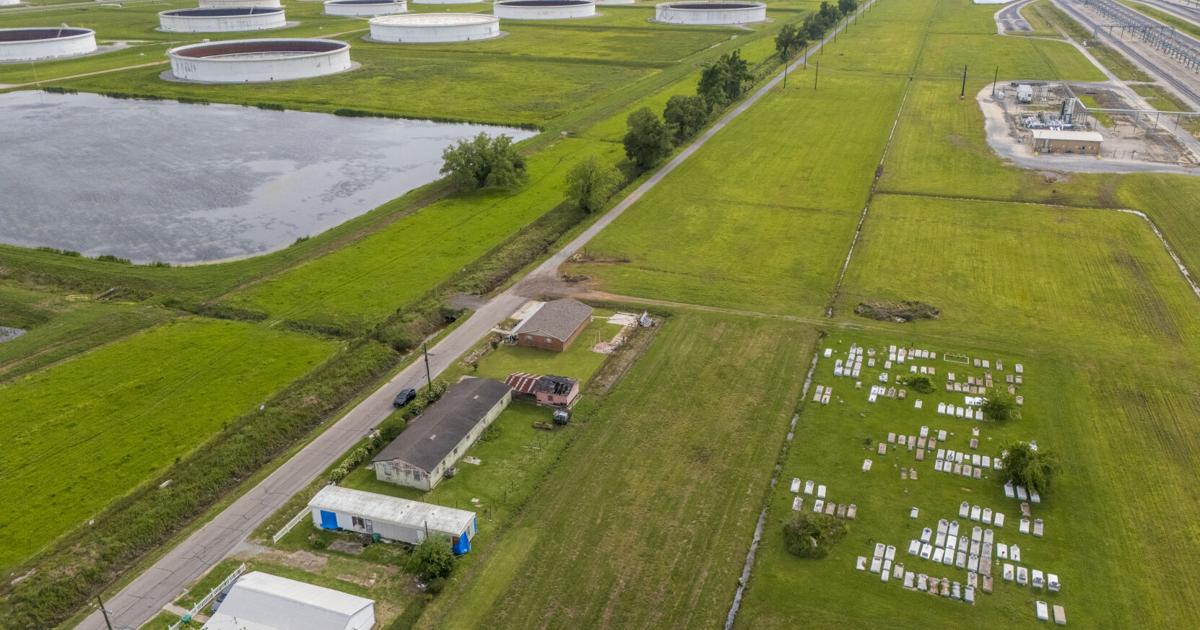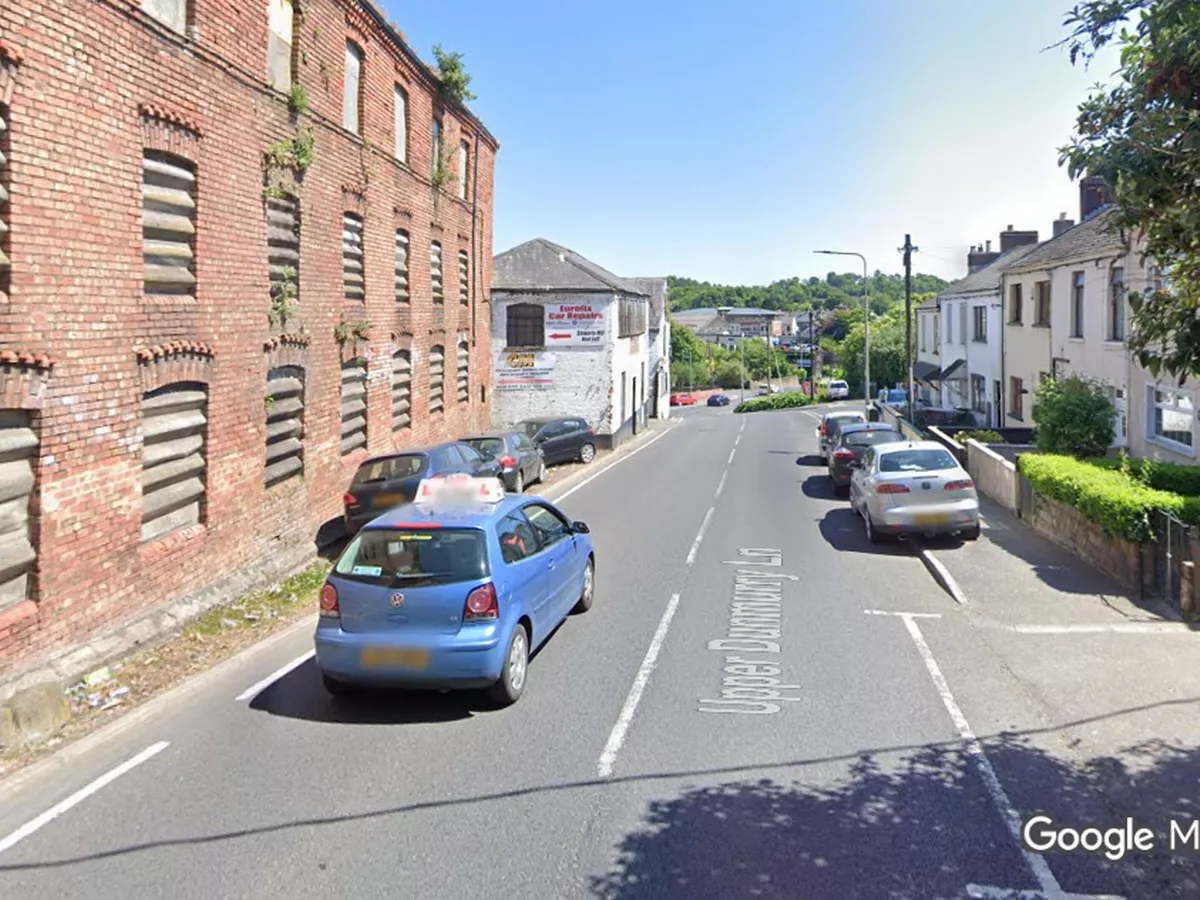Copyright Baton Rouge Advocate

A lawsuit seeking a moratorium on new industry in St. James Parish and accusing local government of steering polluting plants into Black neighborhoods can proceed after the U.S. Supreme Court declined to take up the case. The parish government had appealed to the nation's highest court after a federal appeals court breathed new life into the case earlier this year. Filed in 2023 in U.S. District Court in New Orleans, the suit was brought by Mt. Triumph Baptist Church and two environmental groups, Rise St. James and Inclusive Louisiana. They accuse the parish of issuing discriminatory land-use decisions for decades. So far the legal dispute hasn't been over the merits of the allegations, instead focusing on the right of the plaintiffs to sue and whether the lawsuit was filed in a timely fashion. U.S. District Judge Carl J. Barbier threw out the suit early on, finding the claims were brought too late or by plaintiffs who didn't have the "standing" to sue. But a three-judge panel of the U.S. 5th Circuit Court of Appeals overturned Barbier in April. And in an unsigned order Monday, the U.S. Supreme Court declined to take up the parish's appeal. Astha Sharma Pokharel, an attorney for Mt. Triumph and Inclusive Louisiana, said that "clears the way for us to show to a federal court how the parish has been inflicting dangerous, cancer-causing facilities on Black communities in violation of the constitution, resulting in this public health emergency." Clara Potter, a supervising attorney with the Tulane Environmental Law Clinic, added that the Supreme Court affirmed "the correctness" of the 5th Circuit's ruling. "Our clients deserve to have their day in court to demonstrate that St. James Parish's pattern and practice of land use decisions is harming their community and the environment," said Potter, whose clinic is representing Rise St. James. Attorneys for the parish government couldn't be reached for comment. Noting the lawsuit is "replete with allegations" of unequal treatment against Black residents, the 5th Circuit found parish decisions from the 1960s through 2022 highlighted by the plaintiffs provide sufficient information to let them try to prove a pattern of discriminatory behavior. Barbier, who stayed the case pending the Supreme Court's ruling, hinged his timeliness analysis on the parish's adoption of a land-use plan in 2014, nearly a decade before the suit was filed. Typically plaintiffs have a year to sue for such claims.



